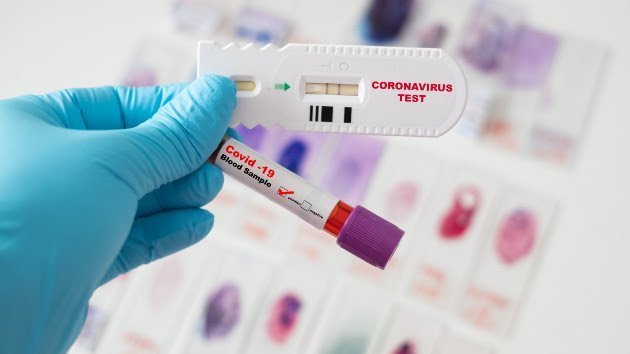(NEW YORK) — A new report suggests the virus that causes COVID-19 may be linked to raccoon dogs that were illegally being sold at a wet seafood market in China.
First reported in The Atlantic, a team of scientists from around the world announced Thursday they believe the virus, SARS-CoV-2, originated at the Huanan Seafood Wholesale Market in Wuhan, where the outbreak began.
It comes amid swirling debate about the origins of the pandemic, after a report from the U.S. Department of Energy concluded with “low confidence” that it was the result of a lab leak.
According to the report, researchers at the Chinese Center for Disease Control and Prevention uploaded new data from swab samples collected in January 2020 at the market — including of the floors, walls and cages containing animals — to the open global genome sequencing database GISAID.
From there, the international team, which included virologists and biologists, downloaded the samples and analyzed them.
The samples that came back positive for the virus also contained genetic material of several animals, particularly large amounts matching the common raccoon dog.
Although this doesn’t definitively prove that the virus definitely jumped from raccoon dogs to humans, the team said it is the strongest evidence to date of the natural transmission theory.
“This is a really strong indication that animals at the market were infected,” Dr. Angela Rasmussen, one of the virologists involved in the new report, told The Atlantic. “There’s really no other explanation that makes any sense.”
Members of the research team, who have not yet published their findings, did not immediately return ABC News’ request for comment.
The findings also support other scientific research indicating that the virus likely spilled over from animals into people in and around the Huanan Seafood Wholesale Market.
Raccoon dogs are known to harbor other viruses that jump from animals to humans. For example, a October 2003 report found a virus very similar to SARS-CoV-1, which is a cousin of the new coronavirus, in a raccoon dog and among humans at a live animal market in Guangdong, China.
Although most experts now believe the SARS outbreak in 2002-03 in China was linked to bats, raccoon dogs are believed to have been brief accidental hosts of the virus.
Currently, four U.S. agencies and the National Intelligence Council say the virus was the result of natural transmission that jumped from animals to humans.
Late last month, the Department of Energy changed its stance from “undecided” to “low confidence” that the COVID-19 pandemic “most likely” was the result of a laboratory leak, becoming the second agency, after the FBI, to believe a lab accident resulted in the global health emergency.
Copyright © 2023, ABC Audio. All rights reserved.




